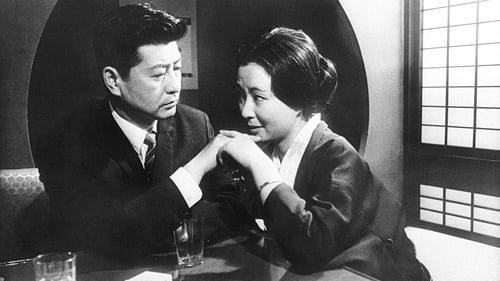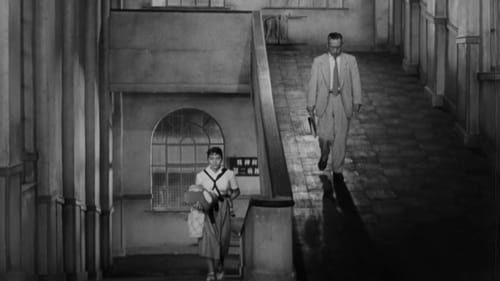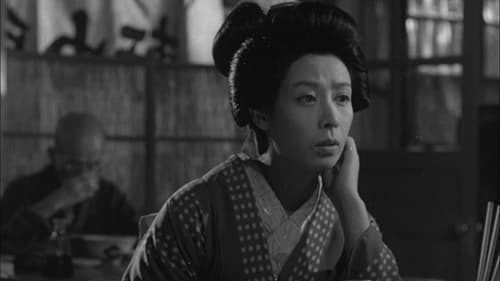
Tetsuya, a worker at a US Air Base who moonlights as a bartender with his bar hostess roommate, dreams to move to the United States one day. Meanwhile, his best friend Jun wants to build a home on some local wasteland. Yet the introduction of Yuki, who they both fall in love with, begins to tear their friendship apart.

친구인 스기모토와 다시로는 스기모토의 아내 사유리가 갑작스럽게 사고를 당했다는 소식을 듣는다. 스기모토는 처음엔 교통사고 정도로 생각했지만 더 심각한 범죄가 벌어졌다는 걸 곧 알게 되고, 아내가 지금까지 어떤 비밀을 숨기고 있었다는 것도 알게 된다. 한편 다시로 역시 이 사건과 어떤 연관이 있음이 드러난다. 에드워드 아티야의 범죄 소설 『가는 선』(1951)을 원작으로 한 작품

Katsuyo Hisatsune
"When human beings venture too far along a trail made by wild beasts, it is said, they quite often discover themselves on a road of no return." Based on the novel of the same name by Seichô Matsumoto.

Mixed-race children in Japan become involved in the petty theft of car parts.

Ayako, a waitress
Story of romance and rivalry between two ad agencies vying for the same account with a pharmaceutical firm.

Gang of robbers quarrel about the loot, but when one of them gets killed, his younger brother seeks them out to ice them one by one.

Miss Saeko

Lavish Japanese-Chinese coproduction based on an ancient Chinese legend about a man who falls in love with a snake goddess in human form.

Matsuzaki
The story of a professional nude model stalked by a bizarre, unknown man wearing a hideous mask.

Secretary Tamiya
주물공장을 경영하는 노인 나카지마 기이치는 원자폭탄과 수소폭탄의 위협을 피하려면 일본을 떠나야 한다며, 전 재산을 던져 브라질로 이민을 준비한다. 브라질 이민을 결코 찬성할 수 없는 가족들은 그를 한정치산자로 선고해 달라고 가정법원에 신청한다. 가정재판소의 조정위원을 맡고 있는 치과의사 하라다는 나카지마 노인의 주장에 마음이 흔들리면서도, 현실적인 선택으로 한정치산자 선고를 인정할 수밖에 없다. 아무것도 할 수 없게 된 나카지마 노인은 핵에 대한 불안과 공포 속에 점차 기력을 잃어가고, 공장을 포기하지 않으려는 자식들을 설득하기 위해 급기야 공장에 불을 지르기에 이른다.

The story of a couple, a spoiled son and a down-to-earth girl, in Osaka in the early Showa era. The film won the prestigious Blue Ribbon awards for best director, best actor (Morishige) and best actress (Awashima), and the Mainichi Concours award for best actor and best screenplay (Yasumi Toshio). It ranked second (after Naruse Mikio’s Ukigumo) on the Kinema Junpō top ten films for the year.








